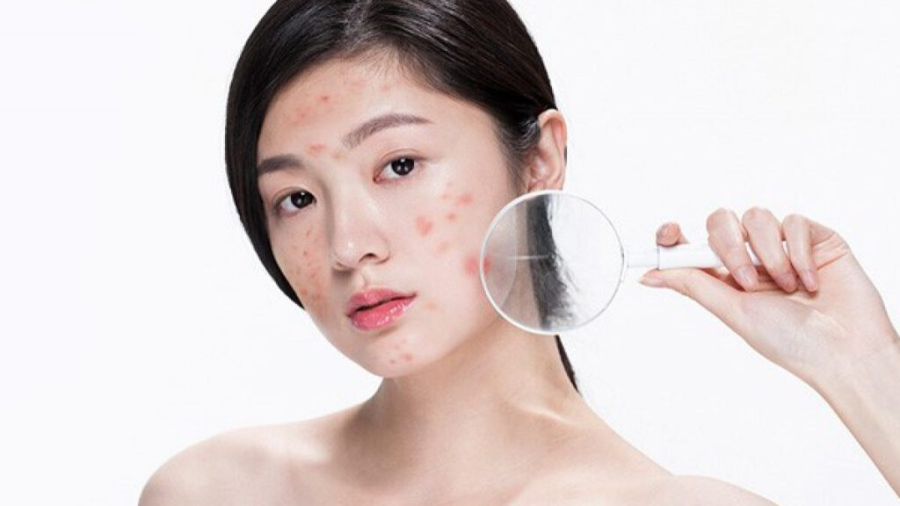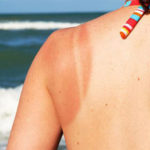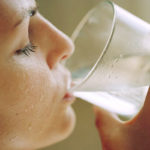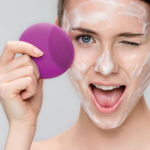Exposure to the sun can make the skin rough, dull, and cause acne problems… The skin will also become sensitive and unstable due to damage to the collagen and elastin structures in the skin and accelerate the aging process. If exposed to sunlight, the condition becomes much more severe.

Skin problems caused by the Glycation process:
– Wrinkles and sagging skin
– Dark spots, freckles
– Appearance of wrinkles
– Oily skin but still dry
– Acne, inflammatory acne
The Glycation process of the skin usually occurs due to excess sugar (glucose and sucrose), which can produce AGEs (end products of glycation) that damage and destroy the collagen structures. If you consume a lot of sugar and regularly indulge in sweet foods, your skin will appear older, darker, and more wrinkled.
Choose low GI foods to reduce Glycation issues for the skin
You should choose foods with a low glycemic index (GI) in your diet because low GI foods can help stabilize blood sugar levels.
You should limit your consumption of desserts, snacks, sugary drinks, and starchy foods. You should also pay attention to reducing the consumption of overly sweet fruits. Avoid drinking milk tea and other sweet drinks.
Choose fruits with lower sweetness and consume more vegetables… Limiting sugar intake not only promotes healthier and rosier skin but also supports effective weight loss.
Skincare products with “anti-glycation” properties
You should also choose skincare products with ingredients that have anti-glycation properties for your skincare routine. Polyphenols in various teas, vitamin C, and vitamin A (such as retinol, tretinoin) can counteract the Glycation process, slow down skin aging issues, and maintain elasticity for your skin.

Not only that, these ingredients also have strong antioxidant properties, which are essential for improving the skin after the age of 30.
It’s not enough to consume excessive sugar and then rely on skincare products to fight the Glycation process. Taking care of your skin and maintaining a youthful appearance requires a careful process from your diet, habits, and overall lifestyle.
Starting from your daily diet, you should deeply understand the importance of reducing sugar intake in order to maintain a smooth and beautiful complexion.
Effective Skincare Tips for Oily Acne-Prone Skin in Summer
 Skin in Summer’>
Skin in Summer’>The summer months can be a difficult time for individuals with acne-prone skin. To help reduce breakouts and maintain healthy skin, here are several effective skincare tips for keeping oily skin in check.




































